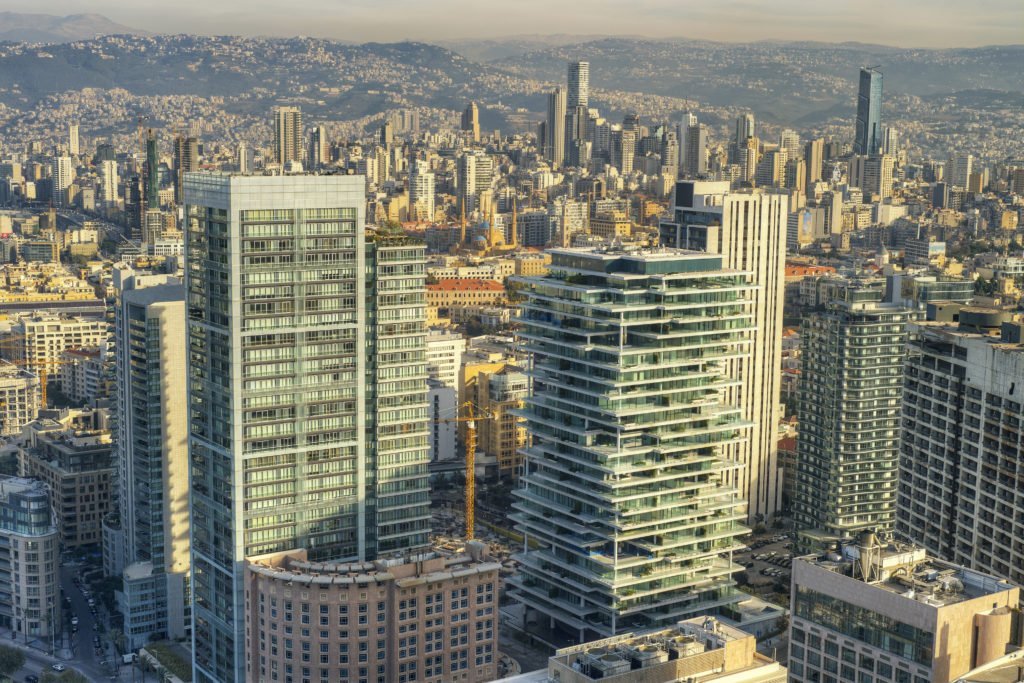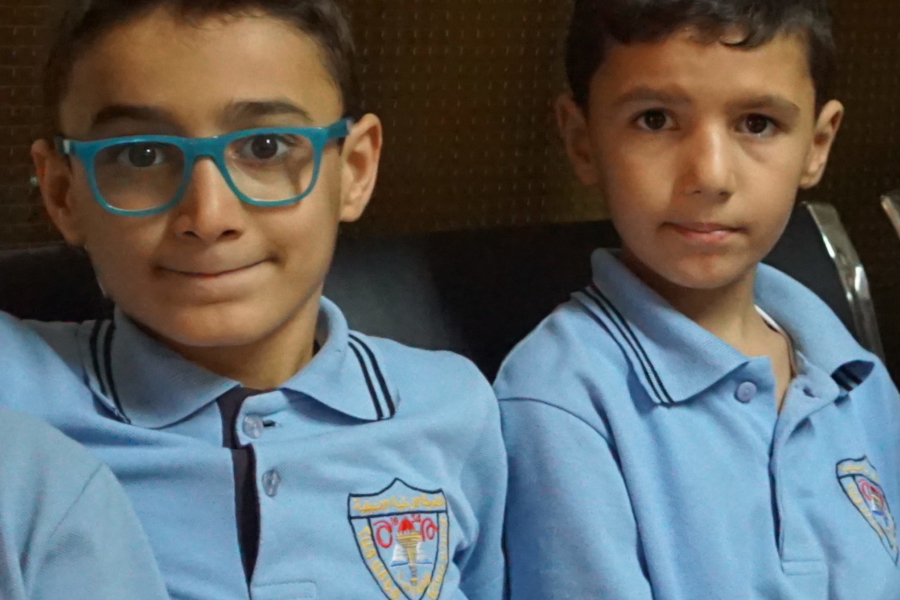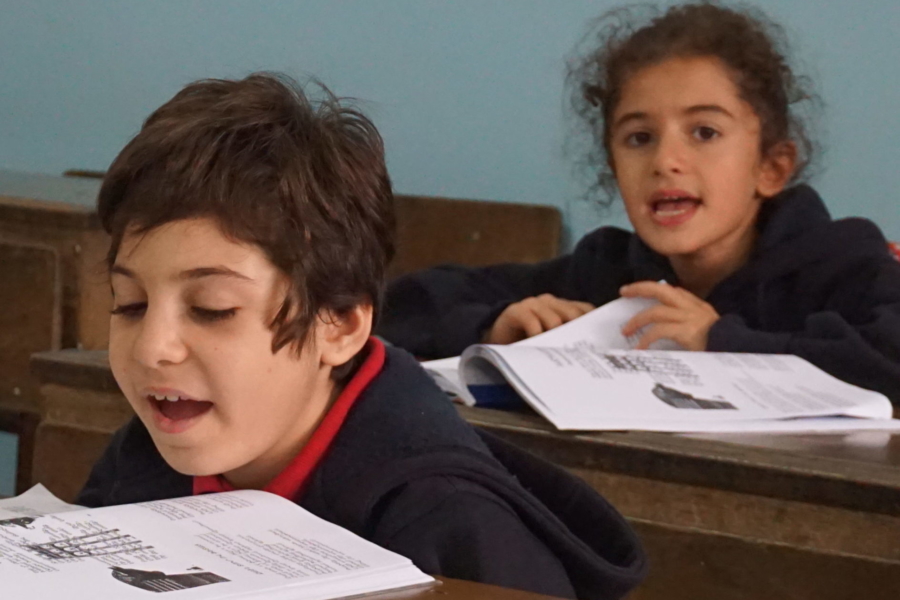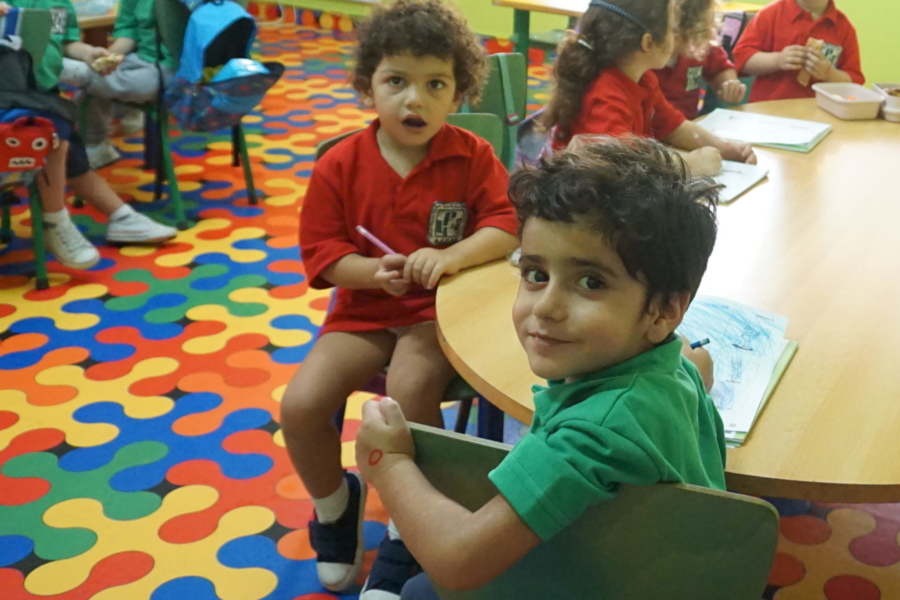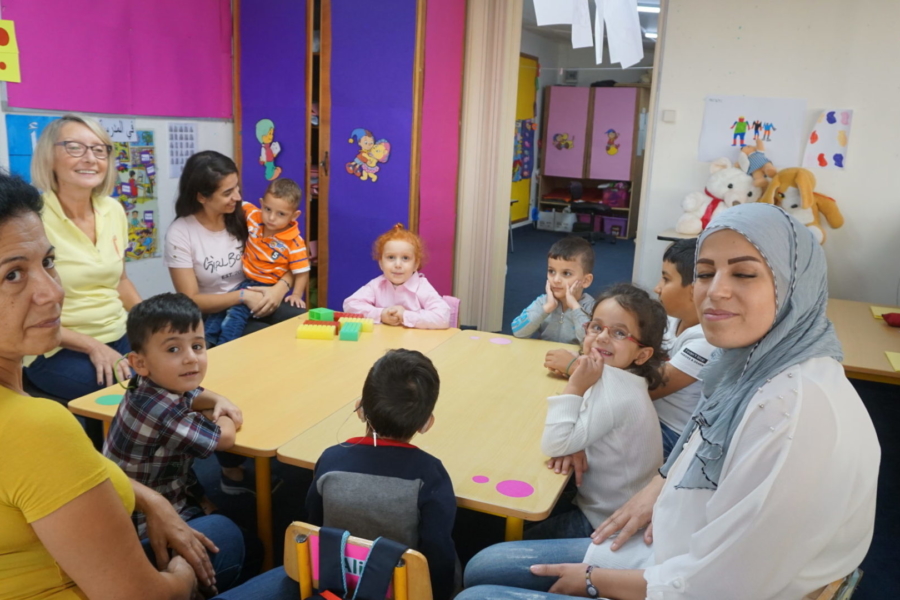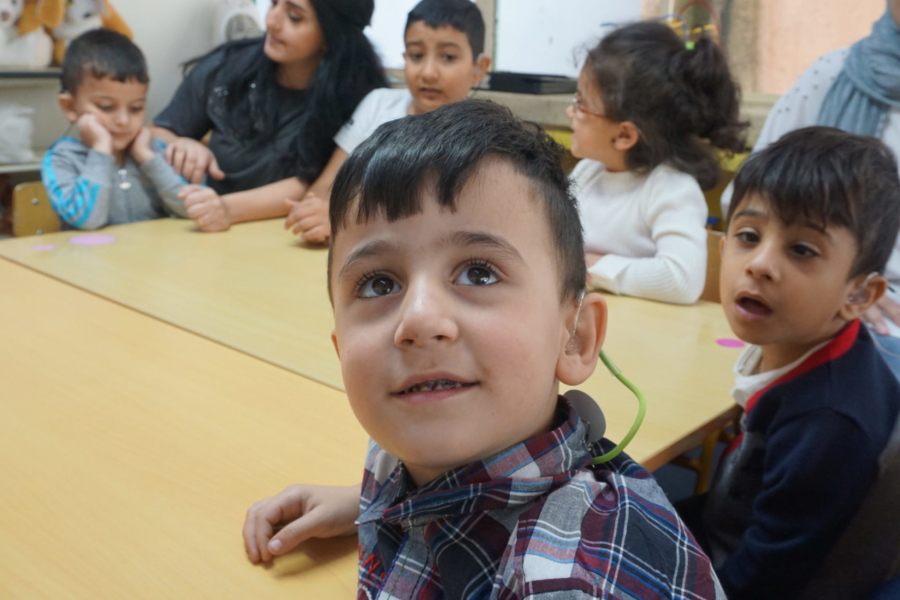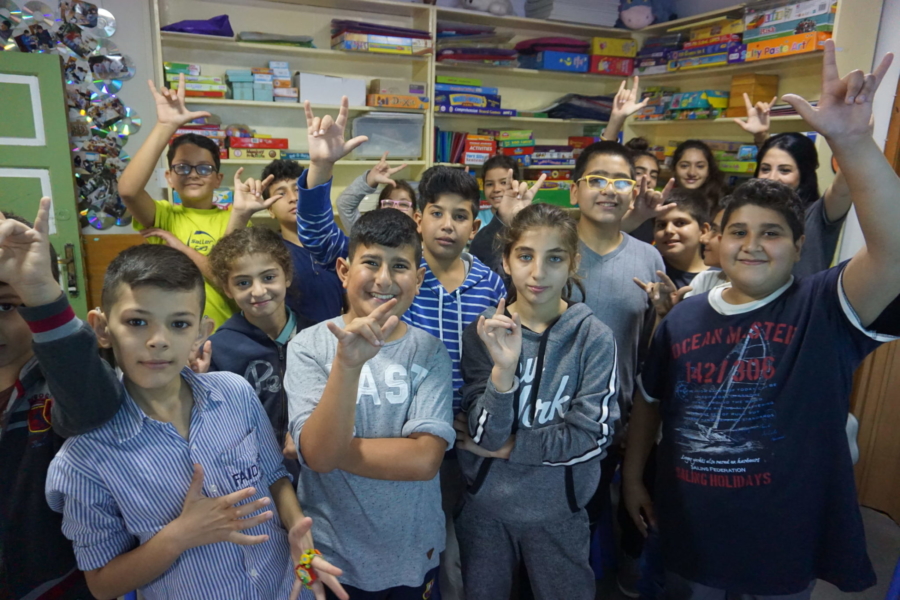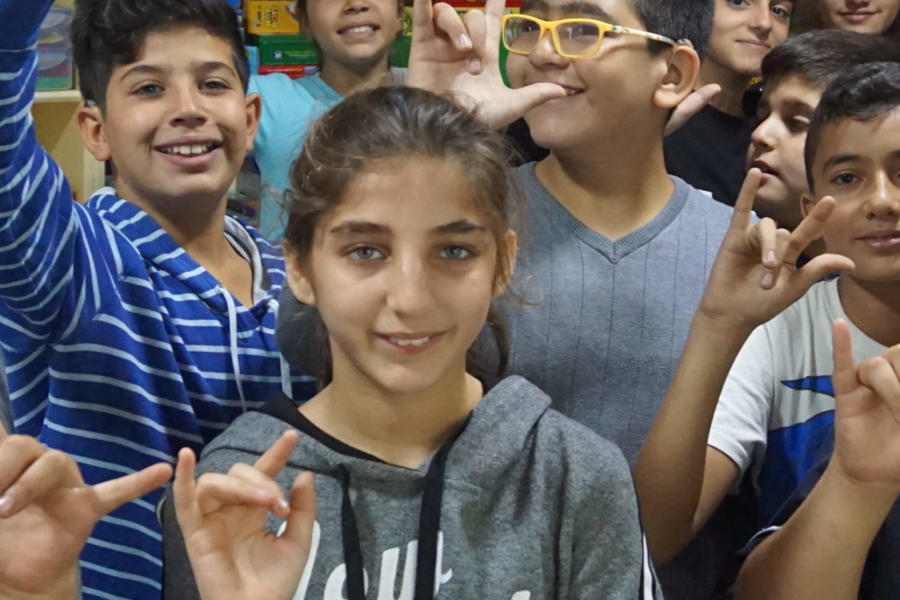Lebanon is located on the eastern coast of the Mediterranean Sea, bordering Israel to the south and Syria to the east and north. This country of six million people acknowledges eighteen religious groups, the largest being the Shiite and Sunnite Muslims; there is also a large Christian population in the country.
Up to the end of World War I, Lebanon was part of the Ottoman Empire. In 1920, the League of Nations issued France a mandate allowing it to govern Syria and Lebanon. Twenty-three years later, Lebanon gained its independence.
Since 2006, Lebanon has been politically divided into two almost equally-strong camps, whose conflict has prevented the political institutions in the country from functioning. The internal struggle between the two groups is mostly based on social and economic clashes of interest, linked with religious differences.
Other factors also play a huge role in the strife that exists in Lebanon. Internal disagreements over the conflict in neighboring Syria play a part, as well as foreign countries’ involvement and interests in the Syrian War. Both internal and external arguments on how to handle the crisis in Syria only worsen the current situation in Lebanon. Today, more than a million Syrian refugees have been registered in the country.
Although Lebanon has been rebuilding itself steadily, the well-being of children has largely been undermined by these geopolitical circumstances. The country still has a long way to go before reaching an ideal situation, where the protection of children’s rights is taken into full consideration.
Facts about child poverty in Lebanon
- Almost 30% of the Lebanese population lives below the poverty line
- About 10% of children in Lebanon do not attend school
- Roughly 7% of children are still forced to work to support their families
- Some children in remote villages are still not guaranteed drinkable water
- More than 10% of young Lebanese women said have been married before the age of 18
- Children from Iraqi, Syrian, and Palestinian refugee families in Lebanon especially face difficulties living in poverty as their rights are not protected
Read more about our affiliated projects
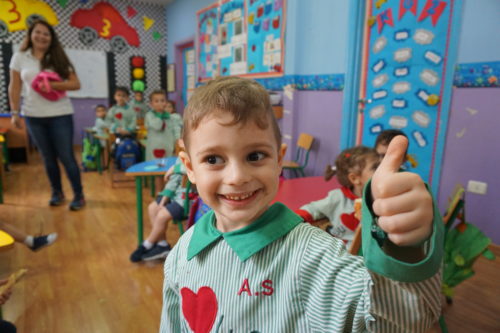
Our sponsored children in Lebanon receive basic needs thanks to their sponsors.
In Lebanon, we are affiliated with several projects: The Armenian Evangelical Schools in Beirut, the Armenian Evangelical Secondary School in Anjar, and the Father Andeweg Institute for the Deaf.
Serving a Marginalized Population in Lebanon
Helping Children in Lebanon Hear
Aiming to Prepare Deaf Children for the World
The Toll of Political Turmoil on Children
How you can help children in Lebanon
You can help a child living in poverty in Lebanon in a few different ways. One way is through our child sponsorship program. Sponsorship provides an underprivileged child with basic and education-related necessities such as food, clothing, healthcare, school supplies, and school tuition payments.
Sponsors positively impact the lives of the children they sponsor through the knowledge that someone cares about their well-being.
This vital support allows impoverished, vulnerable children to develop to their full potential — physically, emotionally and socially. Sponsors positively impact the lives of the children they sponsor through the knowledge that someone cares about their well-being. This gives children in need hope, which is powerful.
Our policy has always been to consider the needs of each sponsored child on an individual basis. We work closely with our volunteer coordinators at our project sites in Lebanon who are familiar with each individual circumstance and the needs of every child in their care. Sponsorship donations are sent to our projects — orphanages, homes, community centers and schools — at the beginning of each month in the form of subsidy stipends. Our on-site volunteer coordinators use those funds to purchase items for children in our program, to ensure that they have what they need to do their very best and succeed in school.
You can also help children in Lebanon by donating to one of our special funds. Our special funds offer a variety of giving options for sponsors who wish to further their support, as well as for donors who wish to make a difference without making a commitment. In the past, thanks to donations to our Hope In Action Fund and our International Feeding Program, we have been able to further support our projects in Lebanon beyond sponsorship.
***

